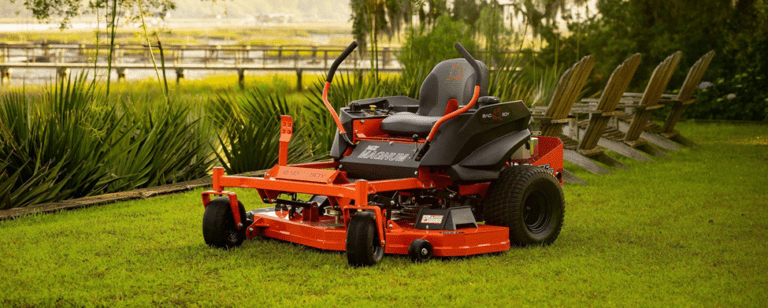How To Grow Chorus Plants: The Ultimate Guide
If you’re new to gardening, you might also be new to the concept of chorus plants. Nevertheless, these plants are actually the ones who give the beauty to our indoor or outdoor gardens.
I have to admit, when I first heard about the chorus plants concept I was confused. But after a generous amount of time dedicated to the research, I found out that I already had many chorus plants in my garden, I just didn’t know that they bared this fancy name.
But what are chorus plants after all? And above all, how to grow chorus plants? Find out all you need to know about these beautiful stars of a well-designed garden.
What Are Chorus Plants?
The chorus plants are the perennials that give the good-looks and enhance the beauty of a garden, highlighting the main elements of a landscape, especially with some nice garden edges. Compared to famous stars, these plants are the background chorus that complements the singer.
Now, it is easy to understand why the chorus plants are indispensable elements to have in your garden. After all, what kind of garden would it be without tens of colorful flowers that can make someone daydream about fairy-tale places?
How To Grow Chorus Plants?
When it comes to the chorus plants there are so many options to choose from that most gardeners will never become familiar with all of them.
Therefore, the first thing to do is to choose your favorite plants based on the type of soil present in your garden and on the amount of sun or shade they will be exposed to. A good gardening book about perennials will proof to be a valuable source of information and inspiration.
Once you decided what chorus plants you want, you must decide whether you should buy the already grown plants from a nursery or grow them yourself from the seeds.
I strongly suggest that you should grow your own plants. Perennials are typically easy to grow from the seeds and they will grow and develop directly into the soil and in the conditions of your garden.
If you buy plants from a nursery chances are they will not adapt to the new conditions, since it is very likely that you will not be able to provide the exact conditions from the nursery. If the perennials don’t adapt to your soil or light conditions, they might not bloom or might even die.
When planting chorus plants, there are a few things to consider regardless if you choose to plant seeds or already grown plants. Pay attention to:
The size of the fully-grown plant: the height and width of each plant should determine its position. You should position tall plants in the back of the shorter ones or in the center of a flowerbed island.
Spacing: you should make sure to leave sufficient space between the plants to allow them to grow well and maintain their health for a long time. If you want to create the effect of a full garden, plant wider plants next to less wide ones, but make sure that the roots have enough space.
Drifting: pay attention to drift the specimens, positioning different plants next to each other for a beautiful effect.
A proper care will ensure a healthy development of the plants. For this reason, you should pay special attention to:
Fertilizing the terrain: fortunately, perennials don’t require special conditions and applying some fertilizer or compost once a year is usually enough.
Watering: depending on where you live and the plants you choose, they might not need any watering at all. However, if they need water, pay attention to not water the leaves.
Mulching: this will prevent weeds and will maintain the beautiful aspect of your garden. You can use shredded leaves or grass clippings, both materials that remain after you mow the lawn.
Pinching: not all species of chorus plants should be pinched, therefore check if your plants need it. If they do, make sure you pinch them regularly.
Maintaining the edges: if you want to give your garden a professional look, pay attention to keep the edges between the lawn and the flowerbeds neat and well-defined.
Final Thoughts
As you can see, growing chorus plants is not complicated at all. On the contrary, growing chorus plants is a simple way of creating a beautiful garden.
What kind of perennials would you choose? Do you have any doubts about growing chorus plants? Leave a comment below with your suggestions or concerns.
And don’t forget, do your research before deciding in which chorus plants to invest!




